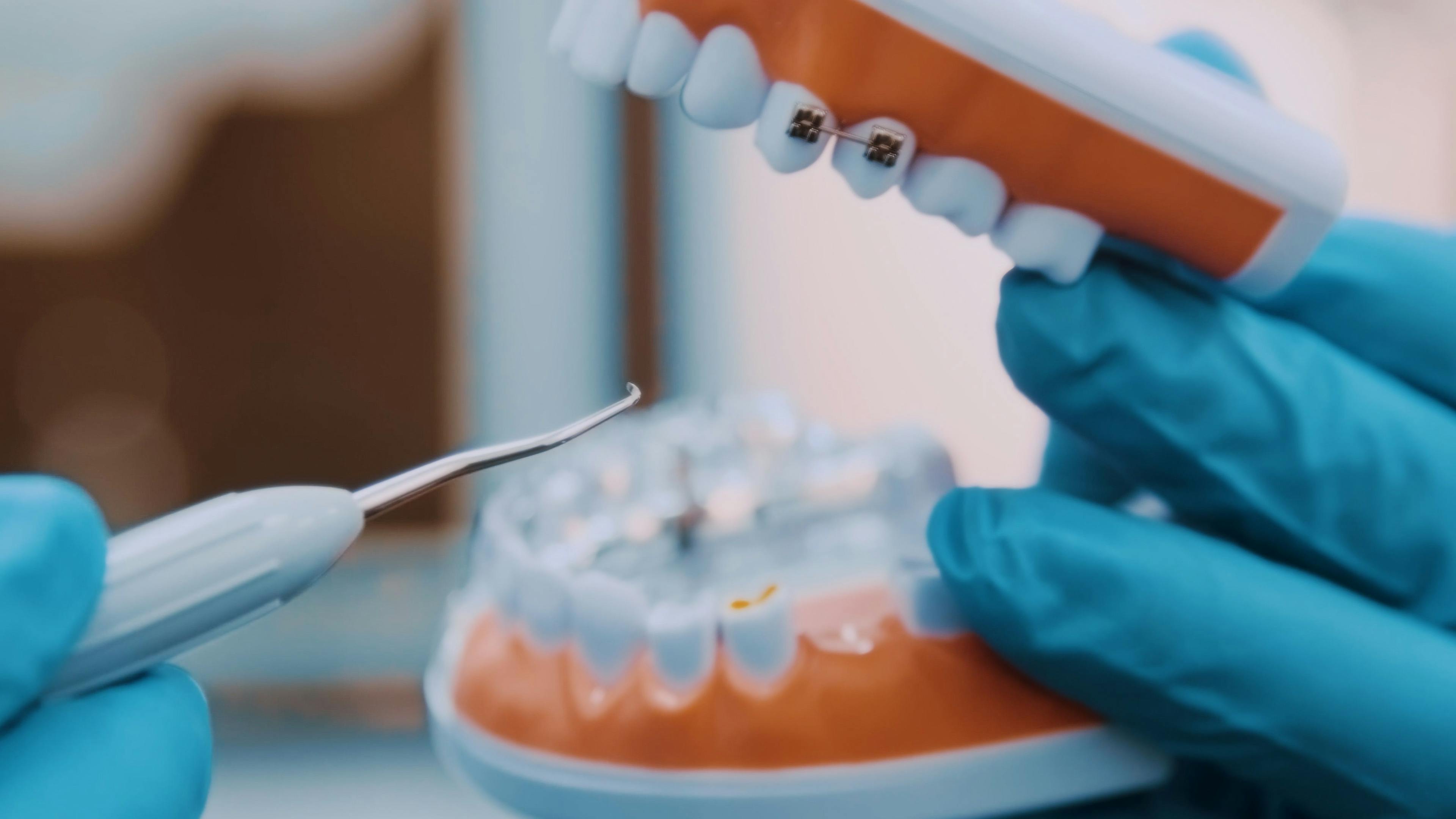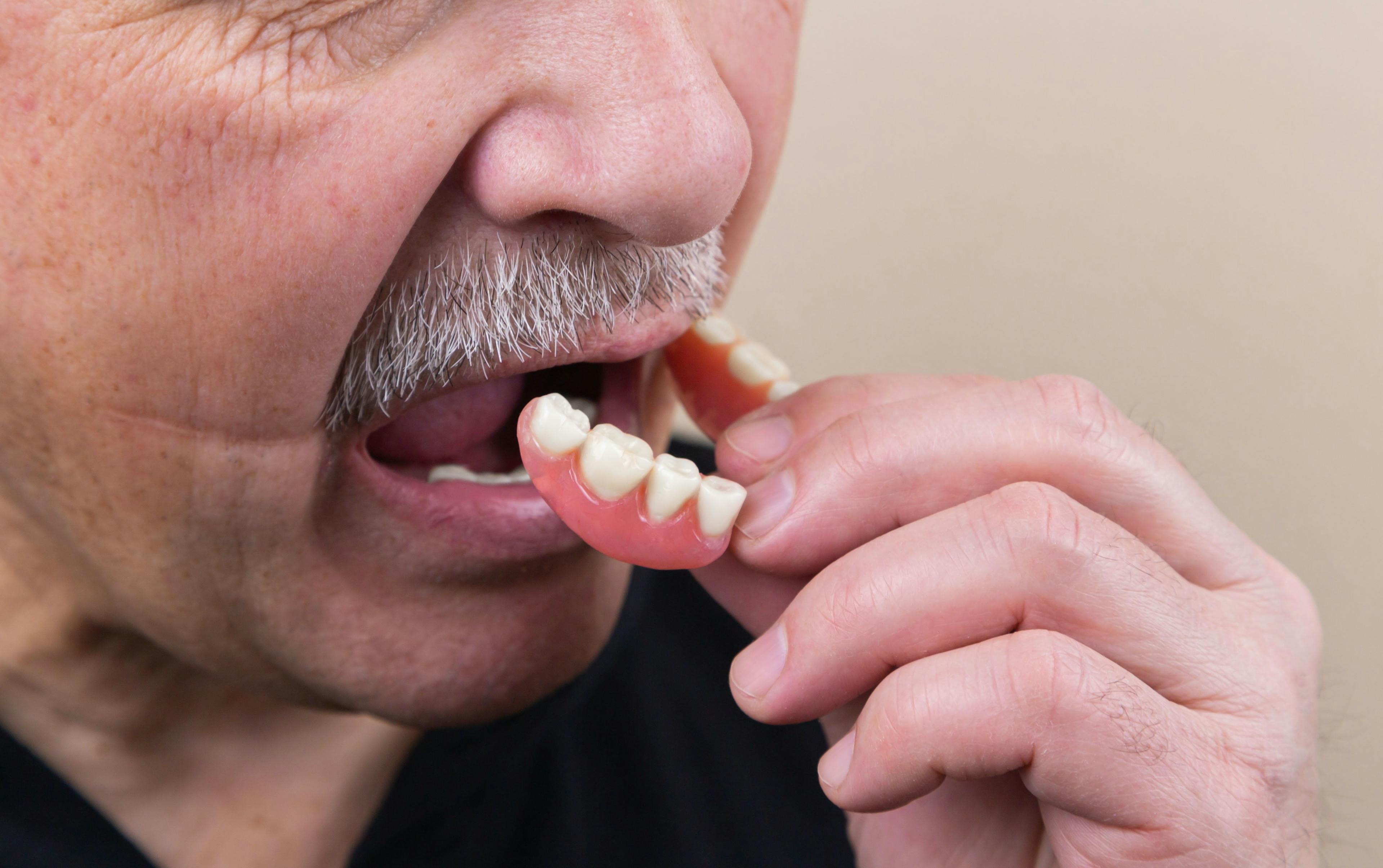Common Dental Problems and How to Prevent Them: A Guide to Maintaining Oral Health

Outline
Maintaining good oral health is essential for a confident smile and overall well-being. Understanding common dental problems and how to prevent them can help you safeguard your teeth and gums. In this article, we'll explore some prevalent dental problems and provide tips for prevention, ensuring you maintain a healthy and radiant smile for years to come.
Tooth Decay and Cavities
Tooth decay and cavities are among the most common dental problems. Here are some prevention tips:
a. Regular Brushing and Flossing
Brush your teeth at least twice a day with fluoride toothpaste and floss daily to remove plaque and prevent the buildup of harmful bacteria.
b. Balanced Diet
Limit sugary and acidic foods and beverages that can contribute to tooth decay. Opt for a balanced diet rich in fruits, vegetables, whole grains, and dairy products to promote oral health.
c. Dental Sealants and Fluoride Treatment
Consider dental sealants, a protective coating applied to the chewing surfaces of the teeth, and fluoride treatment to strengthen tooth enamel and provide extra protection against cavities.
Gum Disease (Gingivitis and Periodontitis)
Gum disease is a common condition that affects the health of the gums and supporting structures. Prevention tips include:
a. Effective Oral Hygiene
Brush your teeth gently along the gumline and floss daily to remove plaque and prevent gum disease. Use an antimicrobial mouthwash for added protection.
b. Regular Dental Check-ups
Schedule routine dental check-ups to monitor and maintain your gum health. Your dentist can identify early signs of gum disease and provide appropriate treatment.
c. Quit Smoking
Smoking can increase the risk of gum disease. If you're a smoker, consider quitting to improve your oral and overall health.
Tooth Sensitivity
Tooth sensitivity can cause discomfort while eating or drinking. Here are some prevention measures:
a. Use a Soft-Bristled Toothbrush
Brushing with a soft-bristled toothbrush and using gentle, circular motions can help prevent tooth enamel erosion and reduce sensitivity.
b. Avoid Acidic and Abrasive Foods
Acidic and abrasive foods can wear down tooth enamel and contribute to sensitivity. Limit the consumption of these foods and drinks.
c. Use Desensitizing Toothpaste
Consider using desensitizing toothpaste that can help alleviate tooth sensitivity. Consult with your dentist for product recommendations.
Conclusion
By understanding common dental problems and following preventive measures, you can protect your oral health and maintain a beautiful smile. Remember to practice good oral hygiene, visit your dentist regularly for check-ups and cleanings, and make healthy lifestyle choices. Your dental care provider is an invaluable resource for personalized advice and guidance to keep your teeth and gums in optimal condition. Invest in preventive care today for a lifetime of healthy smiles.

